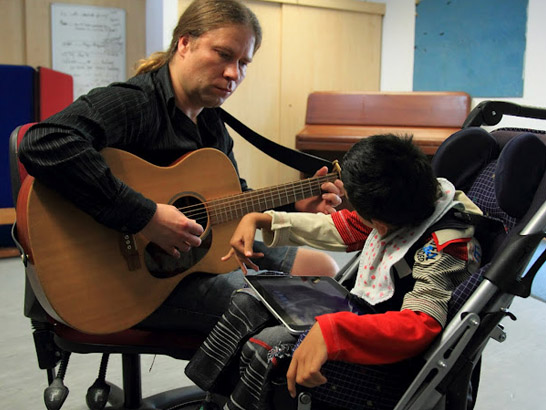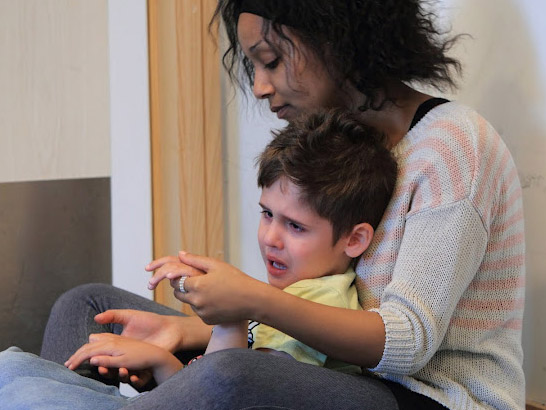
Epilepsy can have a number of causes. Any damage to the brain has the potential to disrupt the way it works and cause seizures.
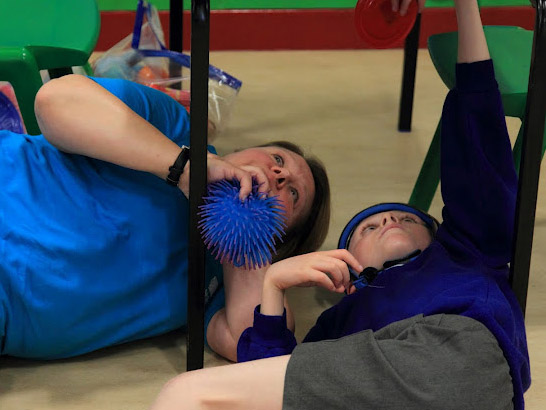
There is no simple test to diagnose epilepsy but useful information can be obtained from brain monitoring, imaging and scanning techniques such as EEG and MRI.
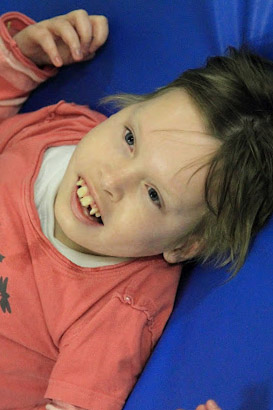
Triggers for epilepsy can include:
- Stress
- Lack of sleep
- Conditions that cause a high temperature (fever), and
- Flashing lights (photosensitive epilepsy affects only five percent people with epilepsy.
Some girls may be more prone to seizures just before, during or after their period. This is because the hormones released by the body during that time can affect the chemicals in the brain, making seizures more likely.
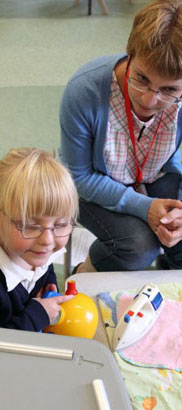
Up to 70% of people could have their epilepsy controlled with anti-epileptic drugs. These drugs can prevent seizures from happening but they don't cure epilepsy.
For some people whose epilepsy does not respond to medication, there other treatment options, which include:
- Neurosurgery – removing the part of the brain that is causing seizures or separating the part of the brain that is causing seizures from the rest of the brain
- Vagus nerve stimulation therapy – where mild electrical impulses are sent to the vagus nerve and they travel on to the brain. This can lessen the frequency and intensity of seizures, and
- Diet – some children benefit from a special (ketogenic) diet which can reduce seizures.
Many children in special schools suffer from epilepsy. In many cases this is a controlled condition. Having appropriately trained staff can reduce the amount of schooling that children miss as the result of seizures.
Listen to Jill, a school nurse, talking about her role in a special school. Notice especially, how the staff training maximises the amount of time that children with epilepsy can spend in school.
